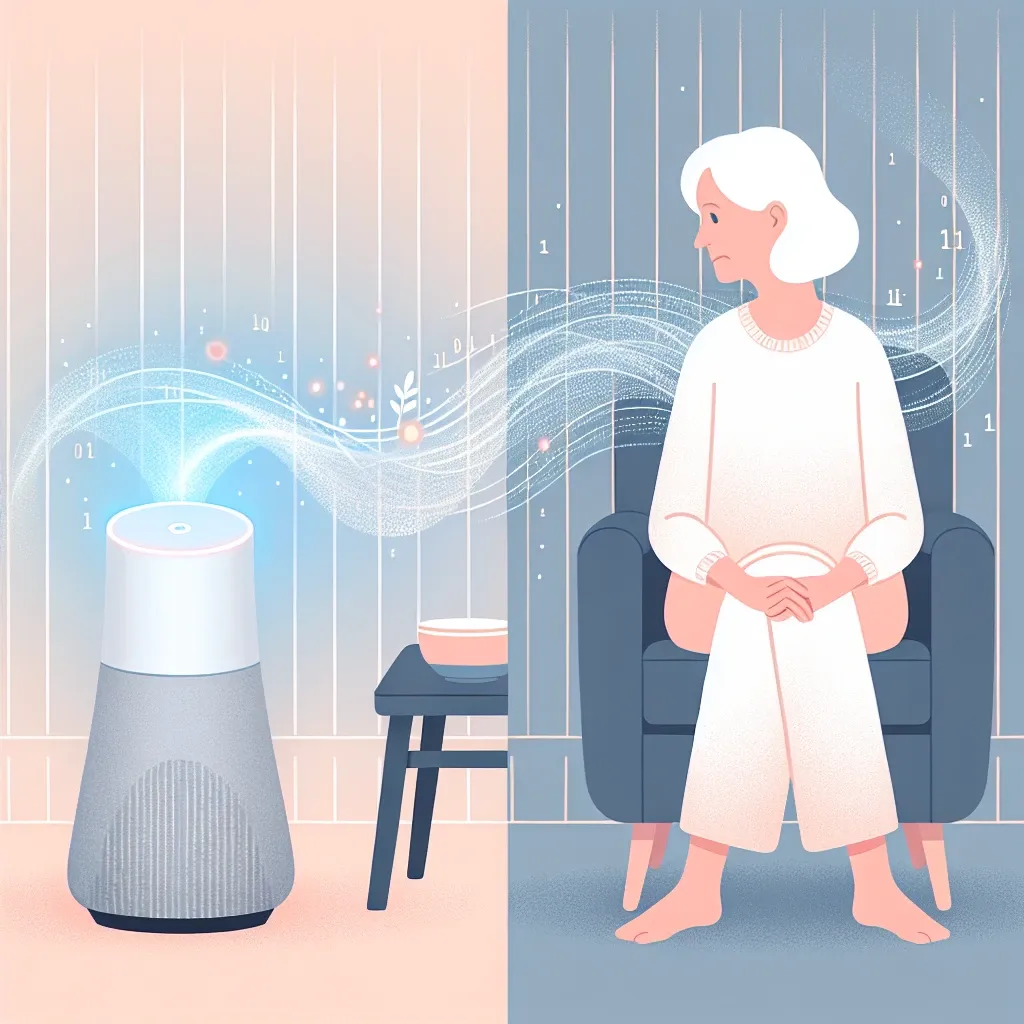Introduction
The evolution of technology has increasingly focused on enhancing the quality of life for various demographics, particularly the elderly. One of the most significant advancements in this regard has been Amazon Alexa’s expansion of AI routines specifically designed for elder care in U.S. households. This article delves into the transformative impact of these innovations, examining their functionality, benefits, challenges, and the future of elder care through smart technology.
Understanding the Need for Elder Care Solutions
As the population ages, the necessity for effective elder care solutions has become more pressing. According to the U.S. Census Bureau, by 2030, one in five Americans will be of retirement age. This demographic shift necessitates innovative approaches to ensure that seniors can age in place safely and with dignity.
The Role of Technology in Elder Care
Technology plays a pivotal role in supporting elder care. From telehealth services to wearable health monitors, tech solutions are designed to enhance the safety, health, and overall well-being of seniors. Among these innovations, voice-activated assistants like Amazon Alexa stand out for their accessibility and user-friendly interfaces.
Amazon Alexa’s Expansion into Elder Care
With its recent expansion into elder care, Amazon Alexa aims to empower seniors by providing them with tools to manage their daily routines, stay connected with family, and maintain their independence. Here are some of the key features being introduced:
Personalized AI Routines
Amazon Alexa now allows caregivers and family members to set personalized routines tailored to the needs of elderly users. These can include reminders for medication, daily check-ins, and alerts for scheduled appointments. Such functionalities not only assist in managing health but also foster a sense of responsibility and independence.
Example of Personalized Routines
- Medication Reminders: Alexa can provide gentle reminders for when to take medications, ensuring adherence to prescribed regimens.
- Daily Check-ins: Family members can set up routine check-ins, prompting Alexa to ask the user how they are feeling or if they need assistance.
- Appointment Alerts: Alexa can alert users about upcoming medical appointments, helping them stay organized.
Enhanced Communication Features
Another significant aspect of Amazon Alexa’s elder care expansion is its focus on enhancing communication between seniors and their loved ones. Voice calling, video chatting, and messages can all be completed through simple voice commands, bridging the gap between generations and reducing feelings of isolation.
Benefits of Improved Communication
- Reducing Loneliness: Regular interaction with family members can alleviate feelings of loneliness and depression among seniors.
- Emergency Assistance: In case of an emergency, seniors can easily contact a family member or caregiver using voice commands.
- Building Relationships: Technology encourages more frequent communication, helping maintain bonds with distant family members.
Impact on Quality of Life
The introduction of AI routines for elder care has shown a significant positive impact on the quality of life of seniors. These routines not only promote safety but also foster a sense of purpose and belonging. Here are some observed benefits:
Promoting Independence
By allowing seniors to manage their daily tasks with minimal assistance, Amazon Alexa empowers them to live more independently. This independence is crucial for their mental and emotional well-being.
Improved Health Management
With reminders and alerts set through Alexa, seniors can better manage chronic conditions and adhere to medication schedules. This proactive approach to health care leads to better health outcomes.
Increased Engagement
Alexa offers entertainment options, such as music, audiobooks, and games, which keep seniors mentally engaged. This entertainment can be therapeutic, providing enjoyment and stimulating cognitive function.
Challenges and Considerations
While the benefits are significant, there are challenges to consider when integrating Amazon Alexa into elder care routines:
Technology Adoption
Not all seniors are comfortable with technology. Some may find it challenging to adapt to new tools, which could hinder the effectiveness of the AI routines. Education and support are vital for successful adoption.
Privacy Concerns
With the use of smart devices, privacy concerns also arise. Ensuring that seniors and their families are aware of how data is collected and used is essential for building trust in these technologies.
The Future of Eldercare with AI
As Amazon continues to innovate, the future of elder care through AI looks promising. We can expect further enhancements in voice recognition, natural language processing, and machine learning, leading to even more personalized and efficient care solutions.
Predictions for the Future
- Advanced Health Monitoring: Future Alexa devices may incorporate health monitoring features that track vital signs and notify caregivers of concerning trends.
- AI Companionship: As AI evolves, we may see more emotionally intelligent companions that can provide not only practical assistance but also emotional support.
- Integration with Smart Homes: Increased collaboration with smart home devices will create comprehensive home environments tailored to the needs of elderly residents.
Conclusion
Amazon Alexa’s expansion of AI routines for elder care marks a significant step forward in supporting the aging population in the U.S. By promoting independence, enhancing communication, and improving health management, these innovations have the potential to transform the way we care for our loved ones. As technology continues to evolve, it will play an increasingly crucial role in ensuring that seniors can enjoy a fulfilling and secure life in their own homes.

